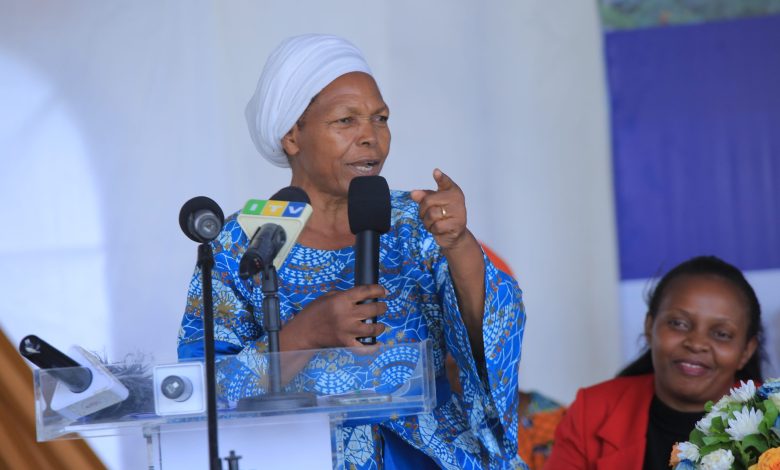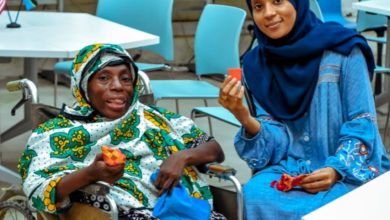TGNP dismisses misconduct claims, reaffirms grassroots impact

DAR ES SALAAM: THE Tanzania Gender Networking Programme (TGNP) has strongly dismissed social media allegations of governance and financial misconduct, reaffirming its reputation as an accountable and community-driven organisation.
TGNP Board Chairperson, Ms Gemma Akilimali, said the organisation operates strictly under its Constitution and robust financial safeguards.
She clarified that the appointment of the Acting Executive Director followed Article 19 (viii) of TGNP’s 2021 Constitution, ensuring stability while recruitment of a substantive Executive Director is underway. “
The allegations of embezzlement are baseless and malicious. TGNP is guided by strict financial management systems, audited internally and externally. We are ready to account for every shilling at the right forum,” she stated.
Ms Akilimali warned that those spreading falsehoods could face legal action under the Cybercrime Act.
ALSO READ: Growth of TZ’s mining sector and impact of the 5th International Mining Investment Conference
“Our work continues uninterrupted. TGNP’s record speaks for itself and our commitment to transparency and accountability remains firm,” she added. While debates swirl online, TGNP’s impact is most visible on the ground through its more than 90 Knowledge Centres spread across the country. These grassroots hubs address poverty, combat gender-based violence (GBV), raise policy awareness and empower citizens to influence local development.
In Mbeya’s Mshewe Ward, resident Sabina Mwaliego said maternal services had improved thanks to TGNP training on Gender-Responsive Budgeting.
“Women now give birth safely in nearby dispensaries and services for children and people with disabilities have improved,” she explained.
Beyond the grassroots, TGNP has influenced national policy reforms in education, health and public finance to institutionalise gender equality.
According to Magdalena Buzugu, a Knowledge Centre leader from Kasulu, “We can now link local priorities with national policies, ensuring rural voices are heard in the capital.”
Akilimali underscored that the growing demand from councils such as Mtwara, Lindi, Kisarawe and Chalinze to establish Knowledge Centres shows the model’s transformative value.
“These centres are engines of change. Communities want to expand them because they see real improvements in governance, livelihoods and social wellbeing.”
She concluded: “The true measure of TGNP’s accountability is in the communities we serve where women give birth safely, children attend school and citizens claim their rightful place in development. That





